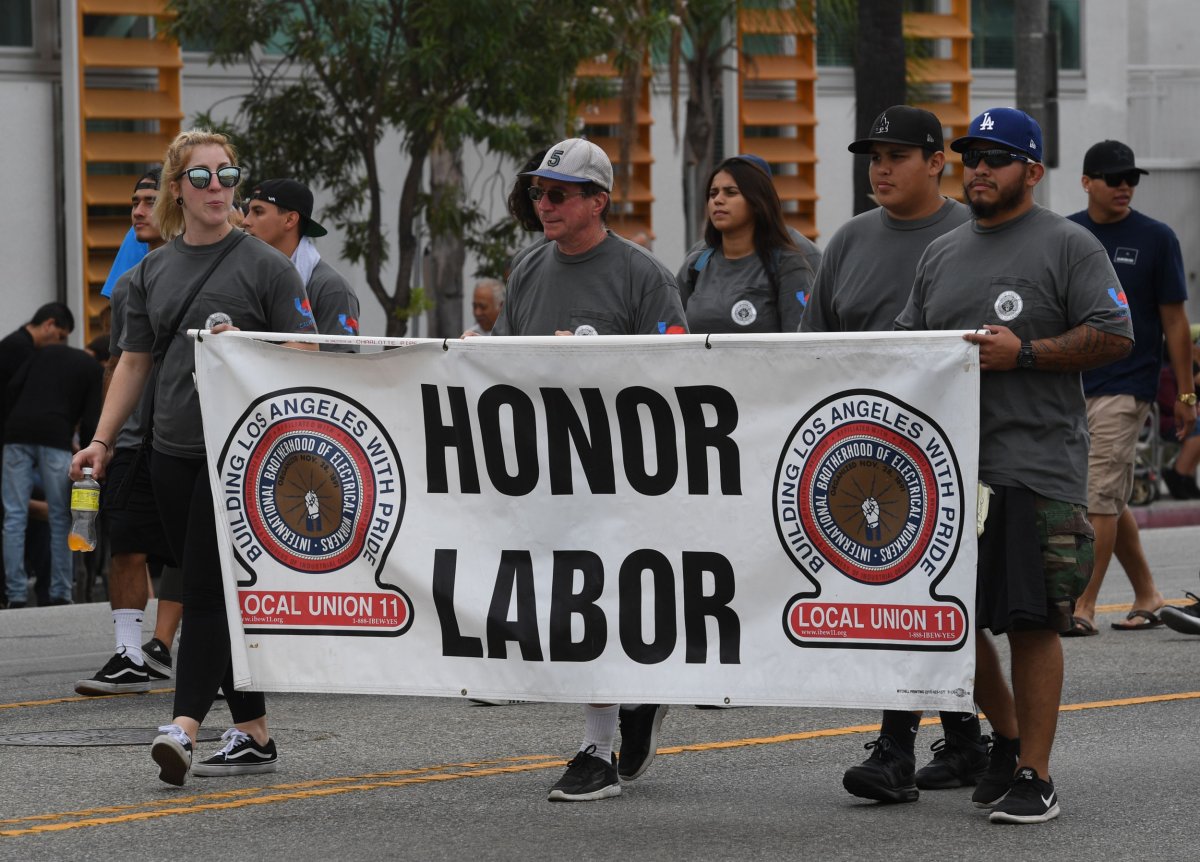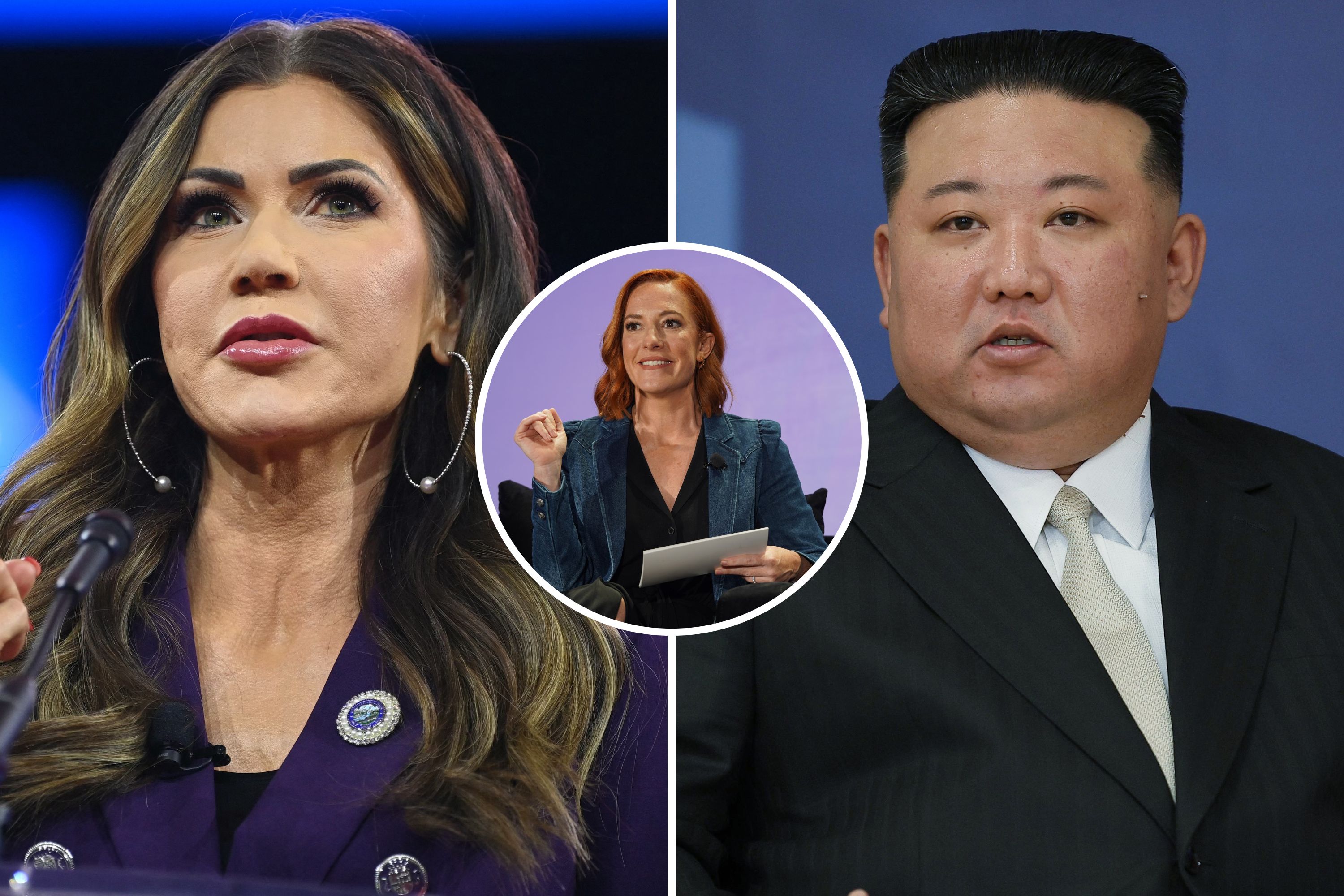Labor Day falls on September 5, and it is a federal holiday to recognize the many contributions workers have made to America's freedom, strength and prosperity.
The day dates back to June 1894. After years of the Civil War in the mid-1800s, working conditions in U.S. mines, factories and mills were dire and laborers were not satisfied— they wanted a federal holiday to recognize their hard work.
In the late 1800s, a Labor Day was recognized by activists and campaigners in certain states, with Oregon being the first state to pass a bill recognizing the day in 1887.
Later that year, the states of Colorado, Massachusetts, New Jersey and New York also recognized the holiday. Connecticut, Nebraska and Pennsylvania also adopted the holiday by 1890. Four years later, 23 more states followed suit, before the House passed the act making the first Monday of every September a federal holiday.

The first person who campaigned for a Labor Day in the U.S. is disputed.
Some records suggest it was Peter McGuire in 1882. According to some accounts, McGuire, the general secretary of the Brotherhood of Campaigners and Joiners and a co-founder of the American Federation of Labor, proposed setting aside a day as a "general holiday for the laboring classes" to honor them.
However, more recent research suggests that machinist Matthew Maguire founded the holiday instead. Maguire, who later became the secretary of Local 344 of the International Association of Machinists in Paterson, New Jersey, proposed the holiday in 1882 when he was secretary of the Central Labor Union in New York.
Somewhat confusingly, both Maguire and McGuire attended the first Labor Day parade in New York City on September 5, 1883. New York was the first state to table a pro-Labor Day law, despite Oregon being the first state to pass a bill recognizing the holiday.
Tens of thousands of labor union members joined the New York parade, calling for shorter workdays and better working conditions.
Throughout history, Labor Day has been celebrated with parades, picnics and parties, in the same way it culminated on September 5, 1882. Speeches by influential figures are also common.
Jacob Remes, an associate professor at New York University's Gallatin School of Individualized Study specializing in U.S. labor history, says there are two ways Americans generally celebrate the holiday.
"It is a day for celebrating the labor movement, it's a day where labor unions have parades," Remes told Newsweek. "It's a moment for reflection and celebration of what the labor movement has done for the United States. Things like the weekend, the Social Security Act, the 40-hour week. All of these things came through collective struggle of the labor movement and Labor Day is a time to think about that."
He said that for Americans, it marks the beginning of fall.
"Traditionally schools started the week of Labor Day so it's kind of a 'back to school' moment although in fact school start dates have gotten earlier and so that's less true [now]," Remes said.
"But in the same way Memorial Day, which is the last weekend of May is kind of the unofficial start of the summer, Labor Day is the unofficial ending of summer."
Esquire editor and author A.J. Jacobs told Newsweek: "I think some Americans, and I'm embarrassed to admit that I fall into this camp sometimes, pay scant attention to Labor Day's origin or meaning. They just see it as a day off at the end of summer, one more day to barbecue and play softball, or whatever. Which is a shame, because it's such an important concept—honoring labor and the rights of workers and the importance of stopping exploitation."
International Labor Day is on May 1, but in North America, it's the first Monday each September.
Remes said the U.S. government decided not to have Labor Day on May 1 because it saw the leftwing socialist movements associated with the international day as a threat.
"And so May 1 actually at various points in the United States gets called 'Loyalty Day' or 'Law Day,' really just as a way of saying 'look, we're going to do the opposite'. At first it was about just being anti-socialist and then in the later part of the 20th century it becomes a Cold War thing that May 1 was seen as a Soviet holiday," Remes said.
Uncommon Knowledge
Newsweek is committed to challenging conventional wisdom and finding connections in the search for common ground.
Newsweek is committed to challenging conventional wisdom and finding connections in the search for common ground.
About the writer
Jack Dutton is a Newsweek Reporter based in Cape Town, South Africa. His focus is reporting on global politics and ... Read more
To read how Newsweek uses AI as a newsroom tool, Click here.






